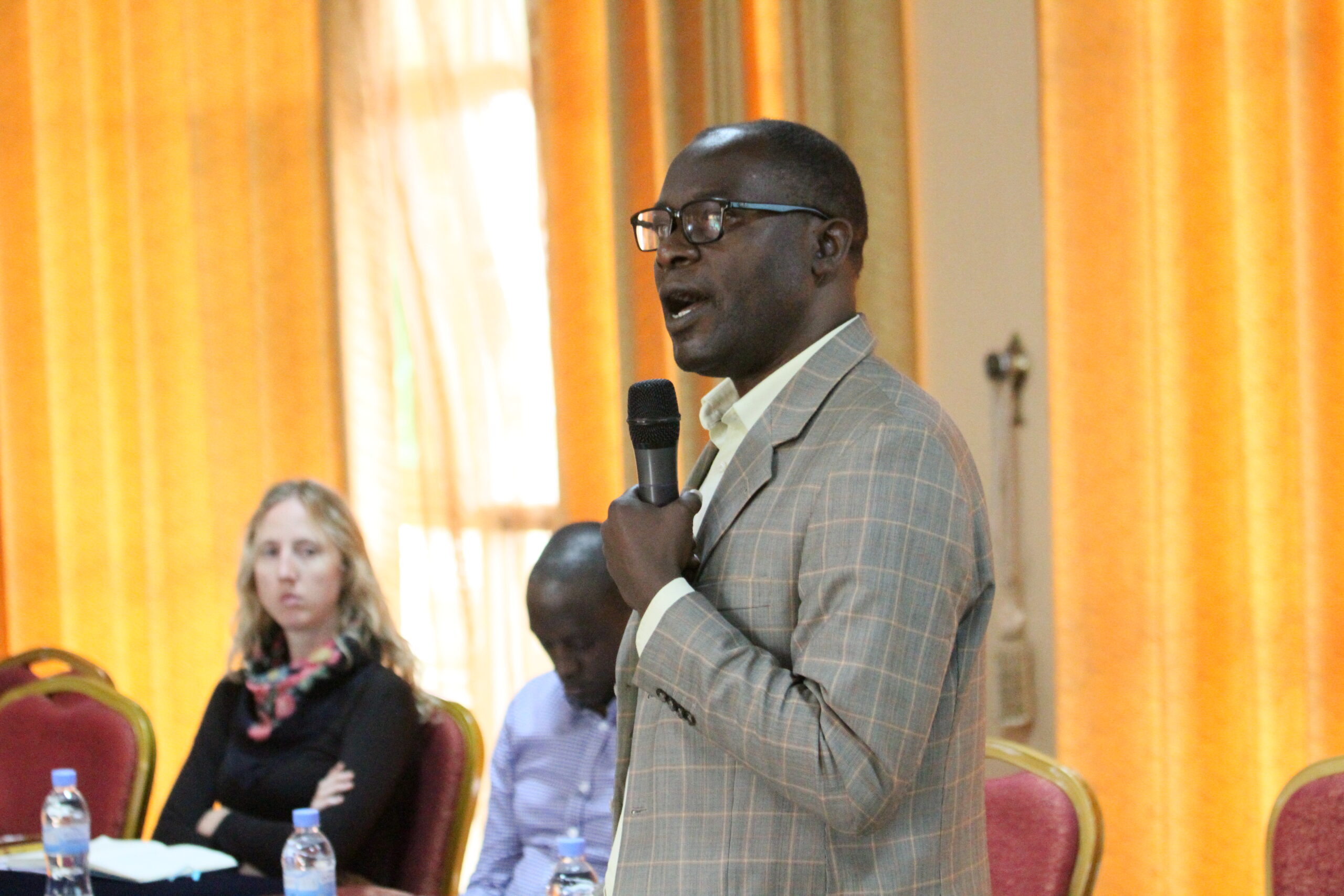In past the decades Rwandans have encountered a wide range of conflicts including the 1994 Genocide Against the Tutsi, which has negatively affected social cohesion and relationships. Despite the destructive effects that the genocide had on the social fabric, Rwandans have shown significant resilience, which has allowed them to relive together.
Participatory research contributed to people living together peacefully and building resilience. Through research, challenges, achievements and actions that could be taken in order to deal with the consequences of conflict were identified. In this manner, on August 21st 2019, Never Again Rwanda organized the restitution of research data, conducted in partnership with Interpeace on Resilience for Reconciliation in the great lakes region, specifically in Rwanda.
This research was conducted with the aim of identifying the effects of conflicts on social cohesion in communities and within families. The research also aimed to identify and analyze the key factors that allow people to live together harmoniously subsequent to conflict.
The opening address by the Executive Director of Never Again Rwanda, Dr. Joseph Nkurunziza Ryarasa highlighted that this research identified existing capacities within communities to deal with the consequences of violence and genocide while also envisioning mechanism to prevent conflicts in the future.
The meeting also featured a presentation by a Senior Researcher at NAR, Révérien Interayamahanga, who gave the audience an insight into the positive indicators of resilience that inspire reconciliation. His presentation also captured some of the remaining challenges of resilience that hinder social cohesion among Rwandans.
In his presentation, Interayamahanga reiterated the factors deterring resilience as a path to reconciliation. These factors include but are not limited to unemployment (mostly among youth), genocide denial, lack of compensation to survivors of the 1994 Genocide Against the Tutsi, inadequate preparation of the community to reintegrate ex-perpetrators that have served their sentences and unhealed wounds.
To conclude, he underlined the actions needed to promote Resilience for Reconciliation- such as enhancing trauma-healing programs to incorporate a community-based approach, multiplying safe spaces for dialogue and promoting discussion on conflicting past and positive cohabitation experiences, as well as intergenerational dialogue frameworks.


